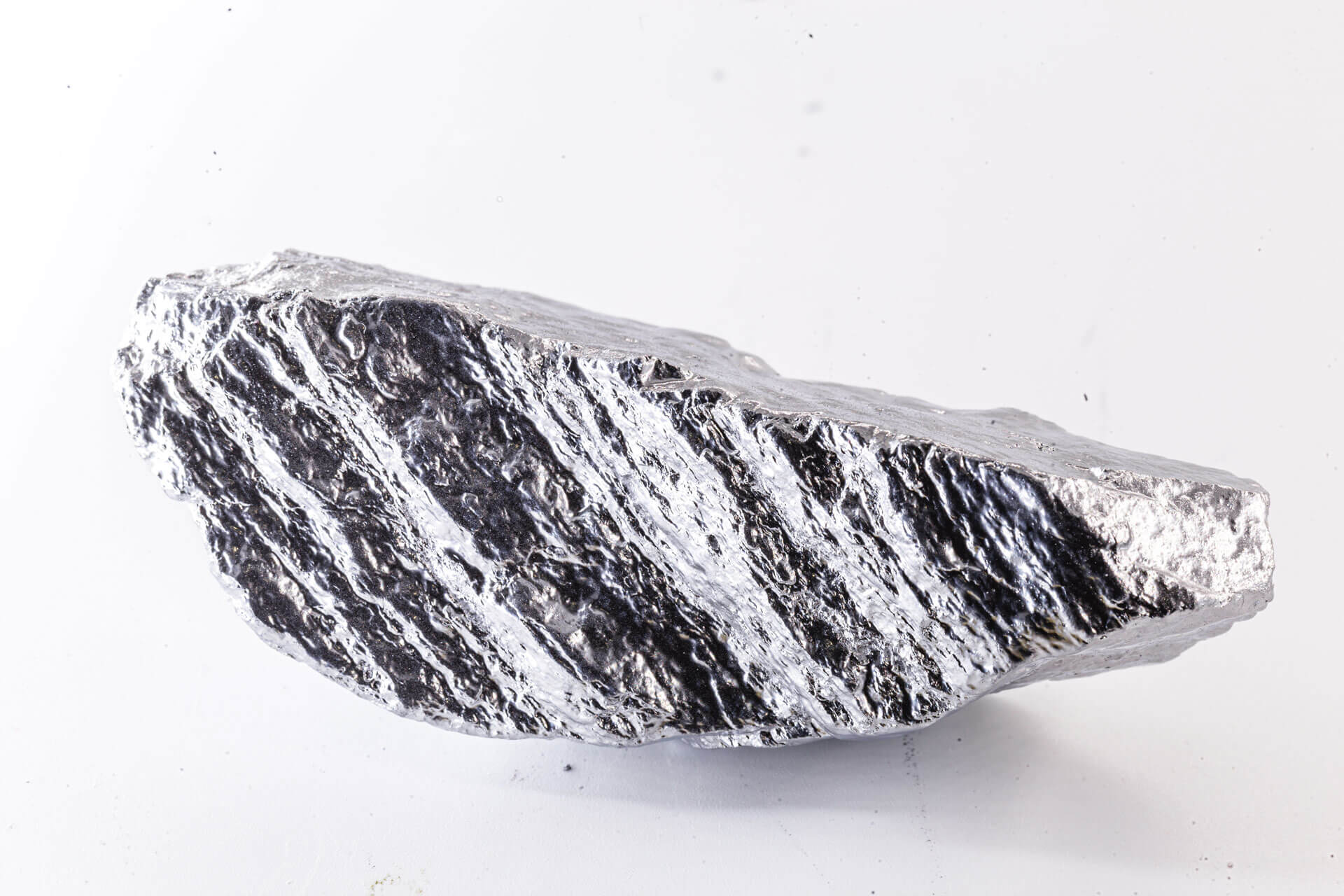UNITED STATES July 16 2016 6:03 PM
NEW YORK(Scrap Register): Minnesota made significant changes to its e-scrap program. However, its neighbor Wisconsin failed to pass major updates. Those are just two notes in our look at six action-packed months in state-level policy.
E-Scrap News followed e-scrap-related legislation from more than half a dozen states during the first half of 2016. No states without e-scrap programs have come close to starting new ones, but several states with existing programs have pursued significant changes. Some efforts triggered major political battles.
The following is a roundup of some of the significant industry-related bills that have made their way into state legislatures so far this year.
Illinois
A bill preventing accreditation standards R2 and e-Stewards from penalizing certified companies for sending CRT glass to landfill storage cells has stalled, perhaps indefinitely.
Passed unanimously by the House of Representatives, HB 6321 failed to progress in the Senate after the leaders of the R2 and e-Stewards programs hired a lobbyist and launched a campaign to fight it.
R2 does not allow its members to use the landfill storage approach, and e-Stewards only permits the activity as a "conditionally allowable option."
Minnesota
North Star State legislators made changes to the state's e-scrap program.
A bill passed unanimously by the House and Senate and signed by the governor reclassifies certain high-value devices, including laptops and tablets, and sets initial annual collection targets for brands to meet.
The bill also requires electronics manufacturers to work with recycling firms holding third-party certifications.
New Jersey
A bill previously vetoed by Gov. Chris Christie was introduced again but hasn't made it to his desk a second time.
S981 would change the way manufacturers' recycling obligations are calculated. It would also add computer printers and fax machines to the program.
Christie previously vetoed the legislation in Assembly Bill 4763, and the Senate shortly thereafter reintroduced legislation as S981 and passed it. A House committee recommended approval but the full chamber has yet to vote on it.
The legislative session is scheduled to last through the end of the year.
North Carolina
An effort to eliminate North Carolina's e-scrap program hit a stumbling block in the legislature.
An earlier version of House Bill 169 would have removed the program and landfill ban on specific electronics. On July 1, lawmakers sent to the governor a dramatically slimmed-down version of the bill that leaves out mention of the e-scrap program, thus keeping it alive.
Lawmakers could still make changes or eliminate the program in another bill this year.
Pennsylvania
A Pennsylvania representative who sponsored the state's original e-scrap recycling legislation has introduced a bill making significant changes to the program.
House Bill 1900 would create a supplementary program through which manufacturers would be charged with paying all costs for e-scrap transportation and recycling. The bill has been referred to a House committee.
A number of industry groups have criticized the legislation, saying it fails to give manufacturers incentive to fulfill their obligations and doesn't ensure a level playing field for collection programs, scrap recycling companies, transporters and consumers.
West Virginia
Mountain State leaders passed a bill allowing for the landfilling of CRTs.
House Bill 4540 gives counties permission to allow landfilling of glass in their jurisdictions if they determine there isn't a cost-effective recycling alternative available. While some counties signaled they'll allow landfilling, others say recycling is still a viable and preferred option.
The House of Delegates voted to approve the bill on Feb. 22 and the Senate voted in favor of it on March 7. Both were unanimous votes in favor of passage. Gov. Earl Ray Tomblin signed it on March 10.
Wisconsin
The Badger State's Senate failed to pass a bill that would have made a host of changes to the e-scrap program, including boosting manufacturers' obligations and ensuring they collect material from rural areas.
A Senate committee voted to recommend approval in February, but the bill never came up for a vote in front of the full chamber. The legislature has adjourned for the year.
Source: Resource Recycling



